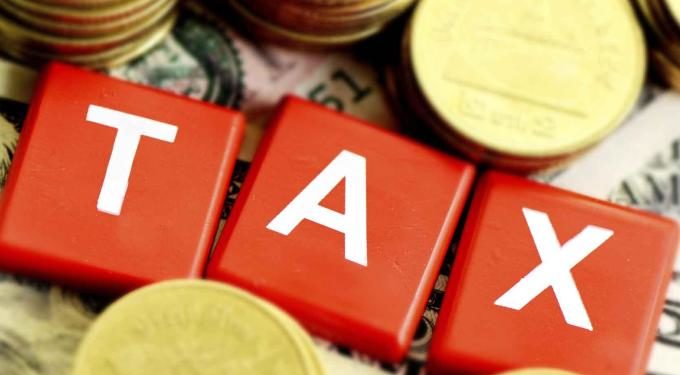Parliament to pass Tax Exemption Bill in July
The much-awaited Tax Exemption Bill is expected to be passed into law by Parliament in July this year.
The bill which was withdrawn from Parliament last week is expected to make its way back to the House this week after some revisions.
Speaking to the media on the passage of the Bill, Chairman of the Finance Committee in Parliament and MP for Obuasi West, Kwaku Kwarteng, refuted claims suggesting that the passage of the bill will hurt investor confidence.
“Investors just want stability in our tax regime. I don’t think lack of exemptions will hurt investor confidence in our economy.”
“The tax exemptions bill is not really too keen to grant exemptions as a way of promoting local content. We can use other instruments to do that if we want to, generally, the principle is that whenever we can stop the exemptions, we do. I’m just waiting for it to be passed into law then the proper education will start,” he stated.
Adding that, government will roll out a series of education after the passage of the bill into law.
“What we have tried to discourage is use tax exemptions to promote local content, once the tax exemptions bill is passed, there’ll be a lot of education ,” he said.
High tax exemptions hurting Ghana’s economy
Prof Godfred Bokpin, an economist with the University of Ghana Business School has said delays on the part of the government in passing the tax exemption bill into law is creating a major leak in the country’s revenue generation.
“The biggest threat to our revenue mobilisation is tax exemption. In less than 15 years … Ghana has given away about half of its revenue base through exemptions, for me it is the biggest leak in our economic structures,” he pointed out.
According to the Institute of Economic Affairs (IEA), Ghana loses over GHC 5 billion every year through tax exemptions alone.
Pierre Frank Laporte, the World Bank country director, has said one of Ghana’s biggest problems is offering too many tax exemptions.
According to him, the only way the country can fix its debt to GDP ratio is not just by cutting expenditure, but by increasing revenue.
In an earlier interview, Mr Laporte said Ghana would first have to shirk some of its tax practices, particularly tax exemptions while increasing efficiency in tax collection.
He explained that the tax exemptions are for instance to attract more foreign investors into the country, but the empirical evidence has proven that too many tax exemptions have failed to provide the desired results.
“So, you talked about efficiency, that’s one thing, to make sure that everybody pays what they should be paying. That for instance if you look at exemptions in Ghana it’s a big problem. There are too many exemptions.
“And this is a conversation we’re having with the Ministry of Finance. Very often countries think you can give so much incentives, so much concessions, and exemptions to attract investors. But there are other ways that this can be done,” Laporte said.
He added, “Empirical evidence has shown that these incentives excessively, in the long run, don’t work.
“VAT exemptions are given to many big investors to facilitate their entry and to launch their activities. But in many countries, either you have a quick VAT refund, it’s like the investor pays his VAT and you process his refund in one month or two.”








